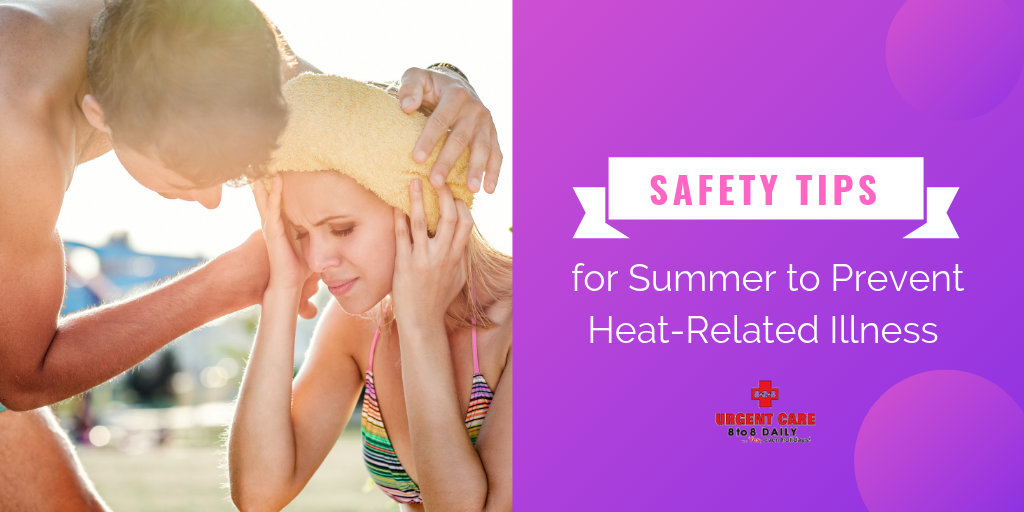


Summer heat can be dangerous. High temperature makes it harder for the body to cool itself properly. Normally, the body cools itself by sweating. However, sweating is not enough during summer, as the temperature of the body increases quickly and develops heat-related illnesses. Read more to understand the tips and precautions for preventing heat-related illnesses this summer.